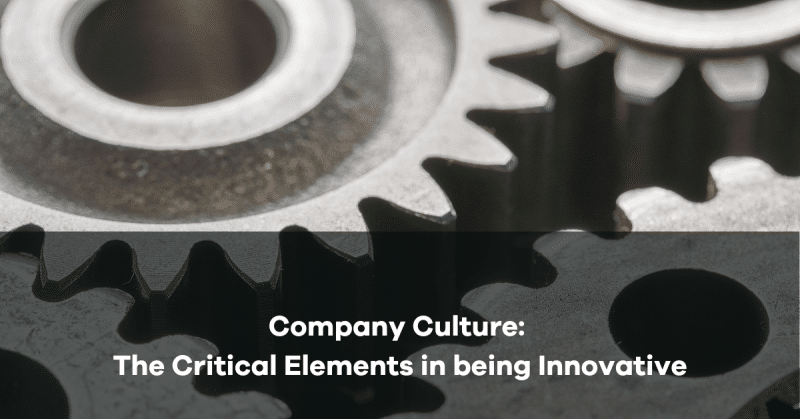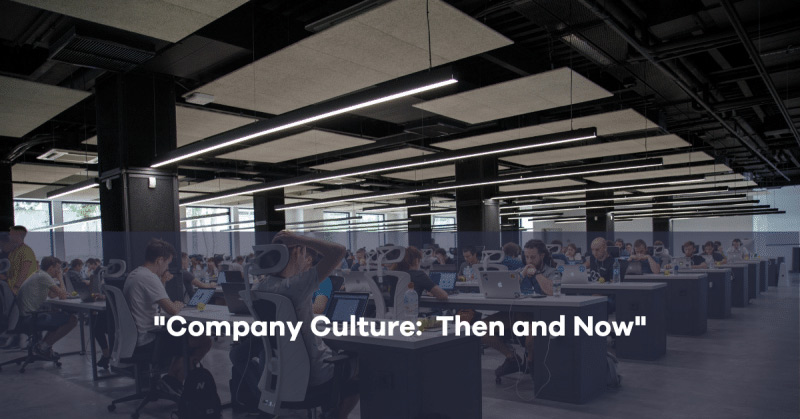Companies in possession of a captivating and creative culture has an approach that is integrated and innovative when it comes to considering the requirements of building an optimal workplace environment.
This article explores the definition of culture in a business context and the basic, yet critical elements that are the driving force behind organisational culture curation.
What is Culture?
The word ‘culture’ has different meanings and definitions when looking at the context of its use, for example, ‘the arts’ or ‘the way we live and work’.
When we’re talking about ‘culture’ in business terms, it purely refers to:
“The preparation and cultivation of an environment that fosters the desired thinking, behaviour and performance to be adopted by a group of colleagues collectively.”
Think of the word ‘cult’ for a second and their (cults) reputation for being powerful at influencing group behaviour.
In addition, cults are usually inspired and driven by charismatic leaders that hold authority over their followers either in a positive or negative way.
This reference should remind us that cultivating the right company culture is crucial to an organisation’s success and should be synonymous with business strategy in the modern age.
The Critical Elements of Culture.
A collective group of people will automatically start developing a culture driven by two critical elements.
Their ‘human complexities’ and the ‘environment’ they find themselves in.
- HUMAN COMPLEXITIES include (among many others):
- Personal values, beliefs and ethics;
- Knowledge, talent, skills and experience;
- Personalities, attitude, ambition and habits;
- Competencies and communication;
- Upbringing, education and current personal situations.
- ENVIRONMENT includes:
- Tangible/physical environmental factors and
- Intangible environmental factors like leadership, motivation, rewards, corporate values, language etc.
Taking the above into account, it is important to understand that leaders in an organisation have the power to create culture, only by controlling ‘who’ gets taken into the workplace and by sustaining the ‘environment’ they get to work in.
“Any control we believe we can enforce over people’s behaviour is a risky perception.”
This is because we have no influence over people’s ‘human complexities’ which plays a defining role in the thoughts, actions and principles in groups of all shapes, colours and sizes.
Wrapping up.
Company culture is often perceived as a very complex and tough area to add concise measures to. Although, once we recognise what culture is (and is not) and what goes into the winning recipe, it is neither tough to approach nor measure.
Innovative leaders are informed leaders and know that culture is about creating an environment built on solid company values and fostering teamwork and imaginative independence.
Ultimately by achieving the latter along with recruiting human complexities accurately, there is no reason why an organisation cannot produce captivating company culture and a reputation as an exciting and esteemed business, no matter the size or history.
Julie Watson






